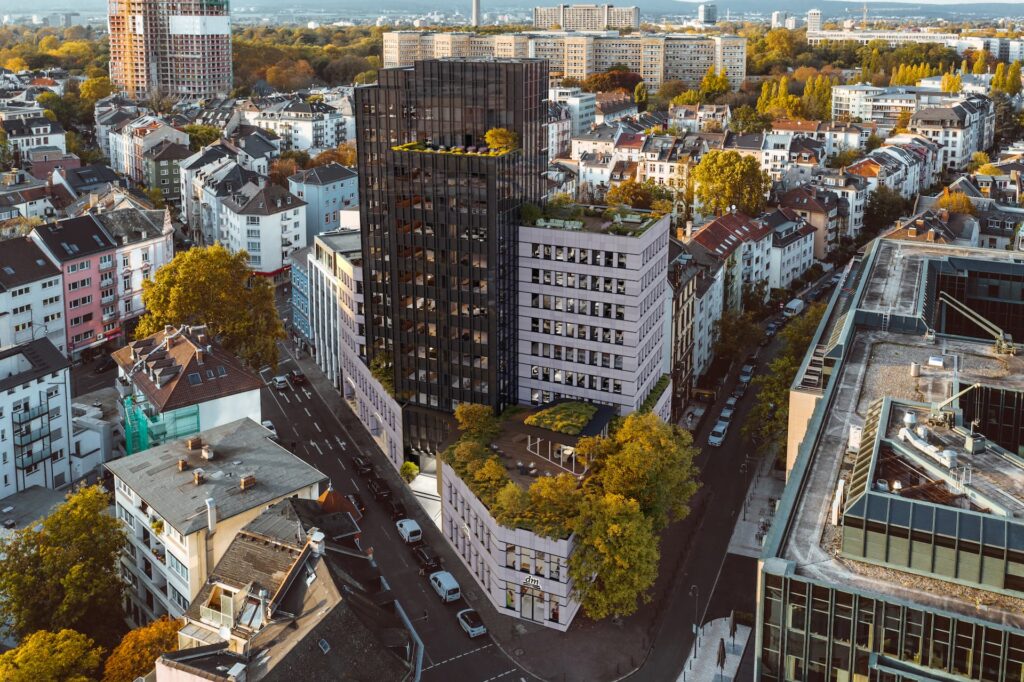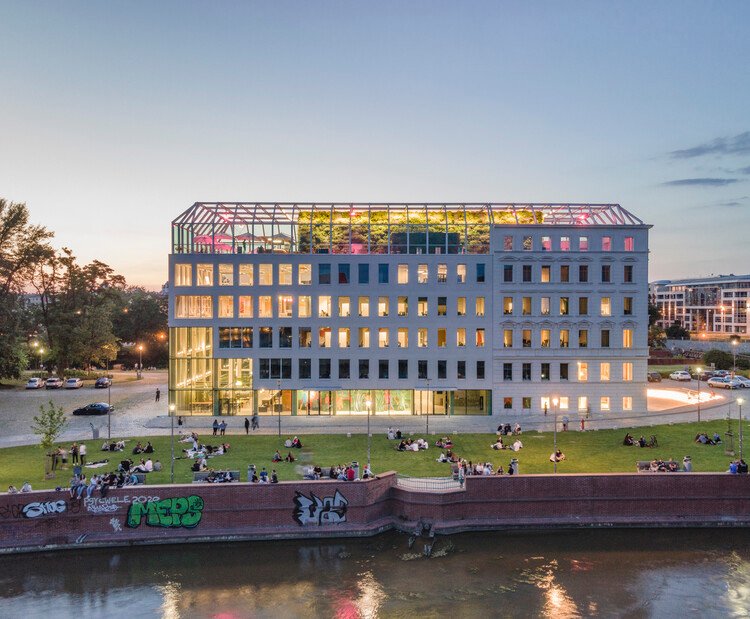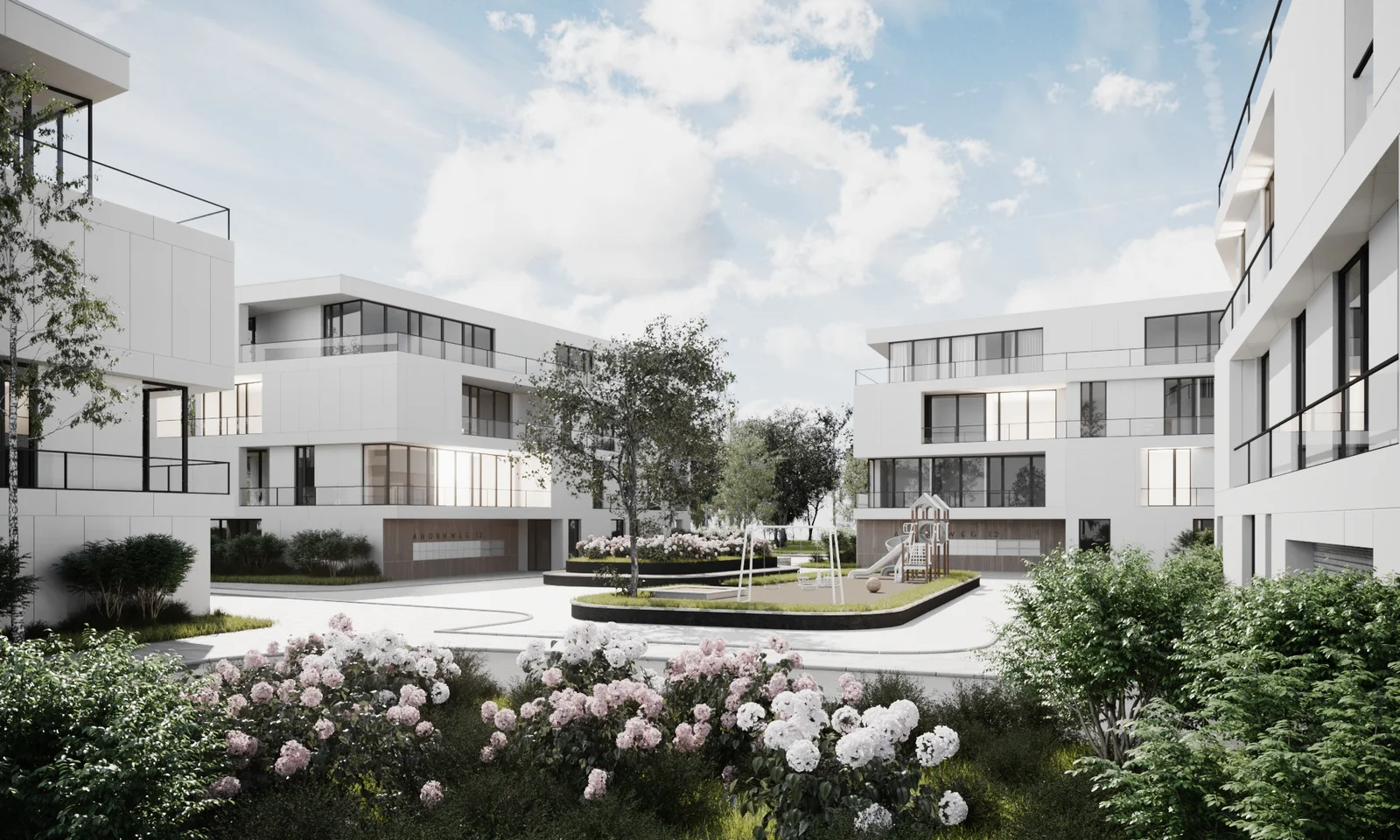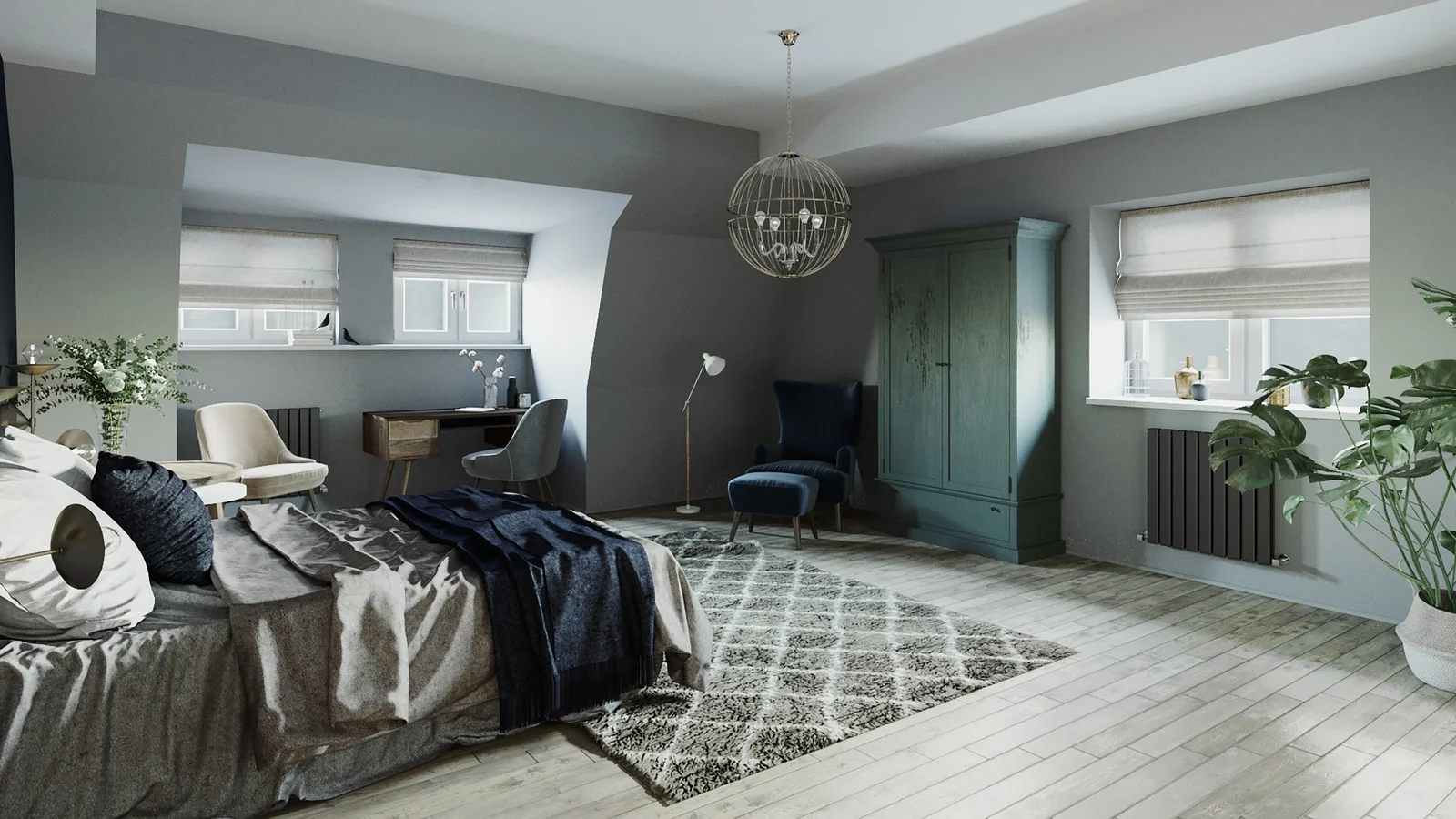Furniture Optimization in Interior Visualizations for Compact Spaces
When it comes to small spaces, making every square foot count is a top priority. This is where furniture optimization and interior visualizations come into play. With the right approach to furniture arrangement and a keen eye for design, even the most compact of spaces can feel spacious and inviting. In this blog post, we’re going to explore some key strategies and tips to help you optimize your furniture placement in small spaces and create interior visualizations that truly bring your design vision to life.
Understanding the Importance of Furniture Optimization
Furniture optimization is not just about arranging your furniture to make it fit within a given space. It is about strategically placing each piece to create a functional, comfortable, and aesthetically pleasing environment. For compact spaces, furniture optimization is even more critical, as every inch matters.
Maximizing Functionality
The first step to furniture optimization is understanding the functional requirements of your space. This involves identifying how you plan to use the room and the type of furniture that will support this use. For example, if you’re working with a compact living room, you may need a comfortable seating area, a small coffee table, and ample storage for media equipment and personal items.
Creating Visual Appeal
In addition to functionality, furniture optimization also plays a crucial role in creating visual appeal. The way you arrange your furniture can either enhance or detract from the overall aesthetics of your space. With the right placement, you can create a sense of balance and harmony, draw attention to specific features, and make your room feel more spacious and open.
Employing Interior Visualization Techniques
Once you have a clear understanding of how to optimize your furniture, the next step is to visualize your design. Interior visualization is a powerful tool that allows you to see and explore your design before you bring it to life. This can help you avoid costly mistakes, make informed decisions, and create a space that truly meets your needs and preferences.
Using 3D Modeling
3D modeling is one of the most effective interior visualization techniques. It allows you to create a virtual model of your space, complete with furniture, fixtures, and finishes. You can move and rearrange items as you please, allowing you to experiment with different layouts and design options.
Employing Virtual Reality
Virtual reality (VR) takes interior visualization to a whole new level. With VR, you can immerse yourself in your design and experience it from different perspectives. This can provide valuable insights into how your furniture arrangement will affect the flow, comfort, and aesthetics of your space.
The Importance of Furniture Optimization in Interior Visualizations
In the realm of interior design, furniture optimization is a key element that can significantly impact the overall aesthetic and functionality of a space. Especially in compact spaces, it becomes crucial to strategically plan and position furniture to ensure the space is utilized to its full potential.
Enhancing Space Utilization
Furniture optimization in interior visualization for compact spaces involves using furniture pieces that maximize the use of space. It’s about being clever with your furniture choices and placements. For example, choosing multipurpose furniture pieces like a sofa bed or an ottoman with storage can significantly enhance space utilization.
Creating Visual Impact
Furniture optimization is not just about functionality, it also plays a pivotal role in creating a visual impact. The right furniture placement can make a small space appear larger than it actually is. The key is to create a balanced layout that promotes easy movement and a sense of spaciousness.
Practical Tips for Furniture Optimization in Compact Spaces
Knowing the importance of furniture optimization is one thing, but how do you actually implement it in your interior visualizations? Here are some practical tips to guide you.
Use Light-Colored Furniture
Light-colored furniture tends to reflect light, making the room appear larger and brighter. This is a simple yet effective trick to optimize your furniture in a small space.
Implement Scaled Furniture
Using furniture that is proportionate to the size of the room is crucial. Oversized furniture can make a room feel cramped, while furniture that is too small can make it feel disjointed.
The Role of Technology in Furniture Optimization
Technology has drastically changed the way we approach interior design. Advanced software tools now allow us to create accurate interior visualizations, enabling us to experiment with different furniture arrangements without the physical hassle.
Virtual Reality (VR)
Virtual reality has become a game-changer in interior design. VR allows designers to create immersive 3D visualizations, providing a realistic view of how the furniture will look in a given space. This not only aids in furniture optimization but also helps to minimize costly mistakes.
Augmented Reality (AR)
Augmented reality is another technological advancement that is revolutionizing furniture optimization in interior design. AR apps allow users to virtually place furniture pieces in their space, helping them to visualize how different arrangements and styles will look before making a purchase.
The Importance of Furniture Optimization in Interior Visualizations
In the realm of interior design, furniture optimization is a key element that can significantly impact the overall aesthetic and functionality of a space. Especially in compact spaces, it becomes crucial to strategically plan and position furniture to ensure the space is utilized to its full potential.
Enhancing Space Utilization
Furniture optimization in interior visualization for compact spaces involves using furniture pieces that maximize the use of space. It’s about being clever with your furniture choices and placements. For example, choosing multipurpose furniture pieces like a sofa bed or an ottoman with storage can significantly enhance space utilization.
Creating Visual Impact
Furniture optimization is not just about functionality, it also plays a pivotal role in creating a visual impact. The right furniture placement can make a small space appear larger than it actually is. The key is to create a balanced layout that promotes easy movement and a sense of spaciousness.
Practical Tips for Furniture Optimization in Compact Spaces
Knowing the importance of furniture optimization is one thing, but how do you actually implement it in your interior visualizations? Here are some practical tips to guide you.
Use Light-Colored Furniture
Light-colored furniture tends to reflect light, making the room appear larger and brighter. This is a simple yet effective trick to optimize your furniture in a small space.
Implement Scaled Furniture
Using furniture that is proportionate to the size of the room is crucial. Oversized furniture can make a room feel cramped, while furniture that is too small can make it feel disjointed.
The Role of Technology in Furniture Optimization
Technology has drastically changed the way we approach interior design. Advanced software tools now allow us to create accurate interior visualizations, enabling us to experiment with different furniture arrangements without the physical hassle.
Virtual Reality (VR)
Virtual reality has become a game-changer in interior design. VR allows designers to create immersive 3D visualizations, providing a realistic view of how the furniture will look in a given space. This not only aids in furniture optimization but also helps to minimize costly mistakes.
Augmented Reality (AR)
Augmented reality is another technological advancement that is revolutionizing furniture optimization in interior design. AR apps allow users to virtually place furniture pieces in their space, helping them to visualize how different arrangements and styles will look before making a purchase.







